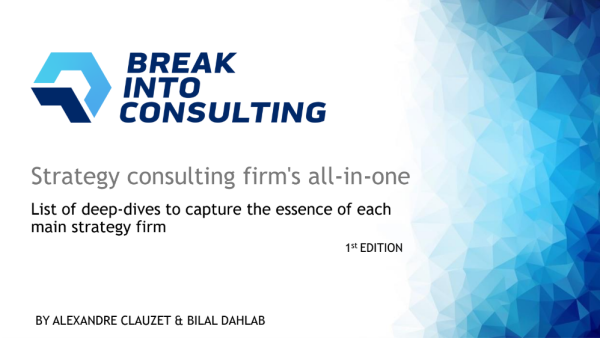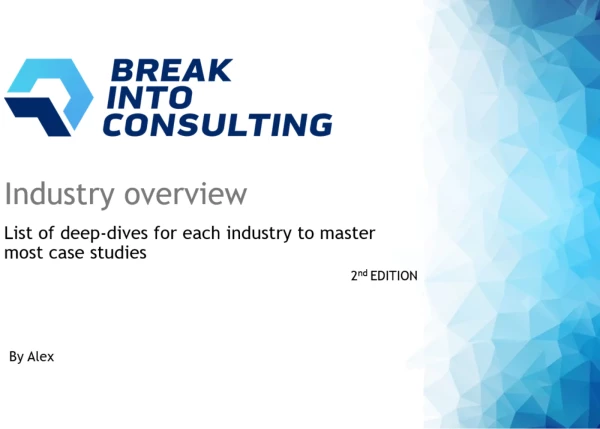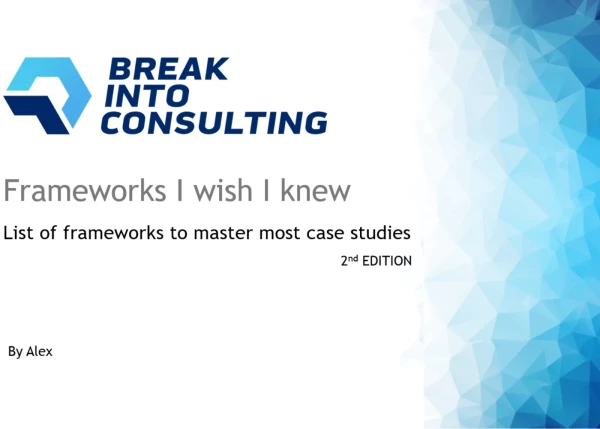Hi,
While solving cases I noticed I was quite slow on the quant questions. I found this odd since math is my strong point. I suspect that I am not yet confident in driving the case in terms of finding what is quantitatively needed. Does the community have suggestions to help with my problem? Do I just need to practice more?
I will definitely incorporate these tips, especially practicing in front of other people. Thank you so much for the advice!! I sincerely appreciate it :)







